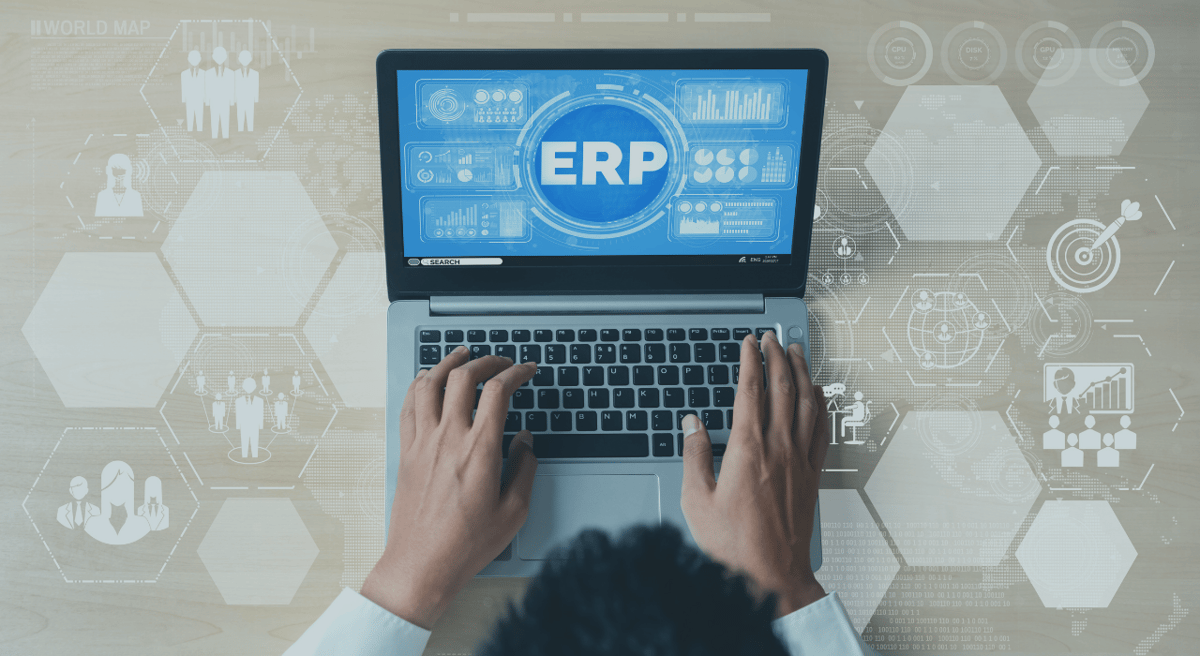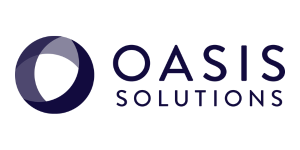
Move beyond legacy ERP: There is a better way for manufacturers, distributors, service providers and mid-market enterprises to drive their companies forward.
Why modern business management software is the new business reality
It’s easy - and often justifiable - to blame rapid, unceasing technological advancements as the cause of many of today’s major challenges in industries such as manufacturing, distribution, and services. Globalization, a mobile workforce, and new apps and tools are among the many factors that have created a new reality in which:
- Data is being generated at mind-boggling rates, forcing you to make sense of it and make intelligent decisions almost on the spot.
- Organizational silos are inadvertently being created, interfering with operational efficiencies, as individual business units incorporate tools and systems to meet their specific needs.
- The ability to conduct business anytime and anywhere increases the need to satisfy your customers when they demand it.
Paradoxically, if technology is complicating your business, it can also simplify it. That’s why businesses of all types and sizes have recognized that traditional accounting software and legacy enterprise resource planning (ERP) solutions are no longer adequate to keep up in today’s business world—much less tomorrow’s. In fact, 49% of executives surveyed said they’re implementing new systems to replace their out-of-date ERP software.
Why modern businesses can no longer succeed with traditional ERP
ERP was developed to help organizations manage their basic finance and accounting tasks. Over the years, it evolved into a system that automates, manages, and delivers greater visibility into administration, operational, financial, HR, procurement, manufacturing, warehousing, sales and marketing, and customer service functions.
But ERP’s reputation and value have deteriorated over time, to the point where only 12% of corporate executives say they are “very satisfied” with their current ERP solution—and 59% of global companies say they are “burdened” by them. Why? Because they:
- Are too complex
- Aren’t flexible or customizable
- Lack the level of real-time data collection and analytics that provide the insight they need to make smart, timely decisions
- Can’t adequately scale as the global economy grows and intensifies
In fact, a composite organization derived from the input of several manufacturing, distribution, and services businesses say they’ve:
- Outgrown the capacity of their existing ERP
- Become burdened by their system’s inefficiencies
- Lost insight into their operations as a result of loosely integrated management tools
Not only that, but when a customer adopts old-school ERP, they often struggle to get support—particularly when they find themselves purchasing ad-hoc solutions to satisfy the immediate needs of disparate business units. These add-on tools and modules often don’t integrate well with the original solution, leading to “scope-creep” and cost overruns. This in turn tends to obstruct business processes rather than streamline them. That makes it even more difficult to generate a significant return on investment (ROI).
How to recognize the reasons to move beyond legacy ERP
Mid-market enterprises are also finding that their management software isn’t able to align siloed departments and business processes. This leaves them with inconsistent data or an inability to find key information when they need it.
In fact, when Aberdeen Group asked leading manufacturers what they looked for in a new business management solution:
- 44% wanted streamlined and accelerated processes to improve efficiency and productivity
- 38% wanted a modernized technology infrastructure
- 31% wanted improved interoperability and collaboration
Recognizing this, forward-looking mid-market enterprises are deciding to replace their legacy systems with more modern business management solutions that can support contemporary challenges, streamline their business processes, and improve collaboration throughout their business and across their supply chains. It’s no surprise that for two straight years, executives have cited the need to upgrade as the most common reason they’re replacing their old systems.
They’re looking for:
- Availability of information
- Improved data reliability
- Increased interaction/integration of business operations/process
- Improved productivity and efficiency
- Improved lead time and inventory levels
Questions to ask as you search to replace your legacy ERP
- Does the solution provide a complete package to run all aspects of your business?
- Is it cost-effective and easy to use and implement?
- Is it flexible enough to adapt to future needs and incorporate the latest technologies?
- Does it allow you to make better business decisions from the growing amount of data you are collecting?
- Can you customize specific tools within the solution to meet your business requirements?
- Do you have the right technology partner to help you with a successful implementation?
What to look for in a modern business management solution
When executives ultimately decide to implement a management system, they want:
- Easy access to accurate company information and reports so managers can make more informed decisions.
- A central repository of information about services, products, vendors, retailers, company financials, suppliers, customer orders, etc.
- A way to analyze sales and planning information that managers can act upon
- Teams in different businesses to manage information and collaborate on projects
- The ability to support multiple languages, currencies, companies, sites, and legislations.
It’s time to change your expectations
The right system should provide:
- Real-time, accurate data intelligence.
- Accelerated core business processes including procurement, inventory, sales, and customer service.
- Improved forecasting and simplified financial management with one system.
- Virtually unlimited capacity to scale for any size enterprise operating around the world.
- Cloud-based delivery, offering high scalability without the IT complexity.
- A scalable, future-proof platform that can accommodate the growth and evolution of your business.
Do you run your entire enterprise from the cloud? Now you can!
As mentioned previously, a scalable, future-proof platform that can accommodate the growth and evolution of your business is extremely important. A cloud-delivered business management solution enables implementation at any stage of your business and offers the ability to grow and evolve over time by simply adding the products you need and allowing you to derive greater functionality, such as:
- Accounting
- Financials
- Modern business management
- Human resources
- Payroll, payments and banking
- A robust ecosystem of proven third-party software solutions
Oasis Solutions can help you future-proof your business and make the right decision for your business, helping you determine the next step in choosing the only business management software solution you will ever need.
Bottom line, the right business management solution will reduce the complexity of running your business, enabling you to say, “Now we can operate faster, now we can manage simpler, and now we can adapt with a whole lot more flexibility.” Let us help you make the right move to a modern ERP. Contact us below to get started.



